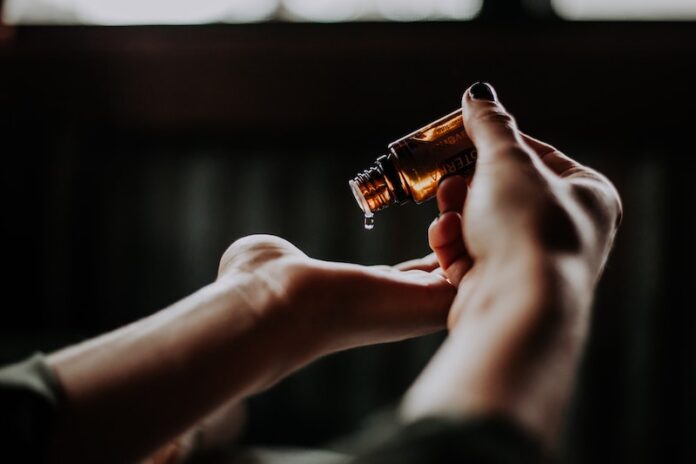If you are a perfume lover looking to make sure you are getting the most bang for your buck, you might be wondering how to spot the product that will be the most effective. Well, the key is in its ingredients – and here is why.
Oil concentration
The concentration of the perfumed oil to water or alcohol in the fragrance determines how long the perfume will last for. That said, oil concentration in the fragrance industry is not standardised, so this can vary depending on the brand.
You can find a quick rundown of the average concentrations of each type of fragrance, along with the longevity per single wear, below.
- Eau Fraiche – 1-3% concentration – last up to 1 hour
- After Shave – 2-4% concentration – lasts 1 to 3 hours
- Eau de Cologne – 2-4% concentration – lasts 1 to 3 hours
- Eau de Toilette – 5-15% concentration – lasts 3 to 8 hours
- Eau de Parfum – 15-20% concentration – lasts 6 to 12 hours
- Pure Parfum or Extrait de Parfum – 20-40% concentration – lasts 12 to 24 hours
That said, there is a misconception that higher concentrations will also make the fragrance stronger – but this is not necessarily true. In order to determine the strength of the scent, you must consider the sillage and projection.
Sillage
Sillage refers to the scent trail you leave behind, as you walk through a room, for example. The trick here is to find the right balance of alcohol to oil. The fragrances with optimum sillage tend to be the middle range concentrations, such as men’s aftershave, cologne, and eau de toilette, as eau fraiche is typically mixed with water, instead.
Projection
Projection is how far away your fragrance can be smelled from, and thus might sometimes be referred to as your ‘scent bubble’. Like sillage, due to the higher alcohol concentration, aftershave, cologne, and eau de toilette often have more projection.
Fragrance of the perfume
The human sense of smell is scientifically proven to play a part in the physiological effects of mood, productivity, and stress. This means that specific scents can evoke a response within the brain – specifically, brain activity and cognitive function.
Thus, in order to determine how the scented ingredients affect the effectiveness of the fragrance, you first need to establish what you want it to do. For example, lavender has a calming effect on the parasympathetic nervous system, which can reduce symptoms of stress and anxiety. However, if you want to smell light and fresh, you might opt for more notes of citrus, green herbs, and fresh fruit.
Do certain scents last longer?
As a general rule of thumb, fragrances with more woody, earthy, and oriental base notes will often last longer. This longevity is two fold, they tend to last longer in the air, and also often have a longer shelf life, too.
This includes things like oakmoss, sandalwood, patchouli, myrrh, frankincense, ylang ylang, jasmine, neroli, and ginger. In addition, these scents are often more potent, which will mean you’ll need to use less when reapplying, so it will probably last you a little longer too!
With all this in mind, you will now know how the ingredients of a fragrance can influence its effectiveness, and understand what to look out for when purchasing your next perfume.

